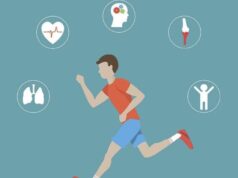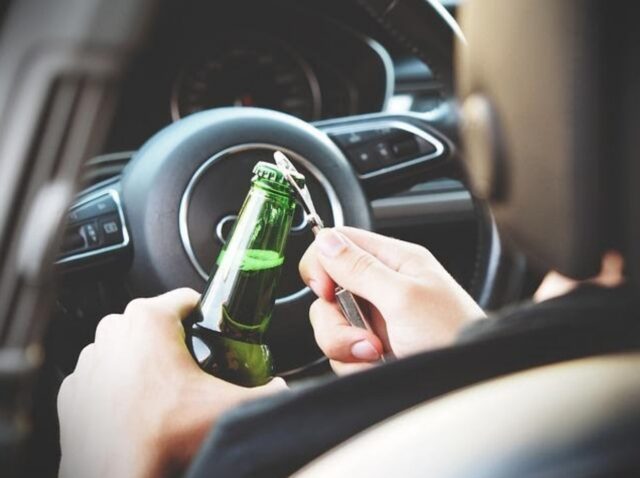
Getting convicted for driving under the influence (DUI) or drunk driving has serious consequences and can significantly influence your life. It can damage your relationships, create financial difficulties, and cause irreversible injuries. One careless decision can alter your entire future. Here are some effects of drunk driving and how it can create havoc in your life.
General consequences
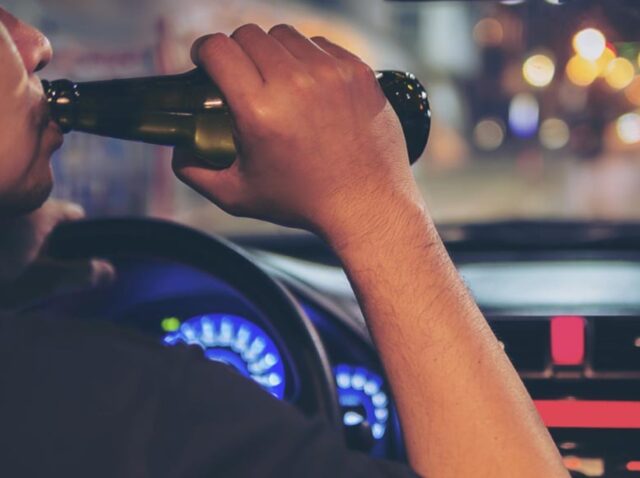
If you are convicted of DUI, expect your driver’s license to be suspended or revoked. Depending on the state where you were arrested, you might be able to get a temporary driving permit, but this will only allow you to drive to certain areas until your court hearing is held. If your work entails you driving daily, there is a possibility that you might lose your lob. Losing your driving privileges will also prove to be an inconvenience to you and your loved ones. Without your license, daily tasks such as running errands, bringing your children to school, attending family events, meeting with friends, and going to work will be difficult.
While some states classify DUI as a misdemeanor for first-time offenders, a DUI conviction can still result in jail time or probation. If you have a prior conviction, you might have to serve a longer sentence. Some states also implement harsher penalties, even for first-time offenders.
Long-term effects
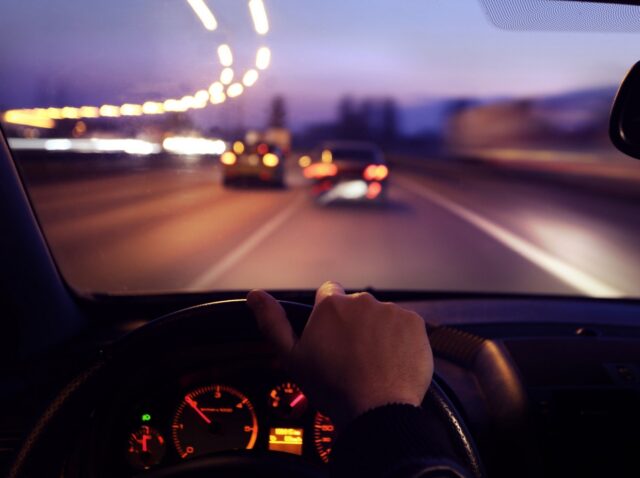
Your present job may also be affected by your DUI conviction. It might hinder possible promotions, and you may lose certain privileges at your workplace. Your employers and colleagues may also start to treat you differently, which can affect your job performance. To address your DUI charge, you need to make several court appearances, face jail time or serve long hours of community service, which means you need to take some time away from work, thereby putting your employment status at risk.
Additionally, if you are applying for a job, your DUI conviction could be a hindrance. Employers usually conduct a background check and if you have a DUI conviction, expect it to show up in your records. Several employers are hesitant to hire applicants with a DUI conviction, as they could be a liability to their company. If you are applying for a mortgage loan or looking for an apartment, there is a chance that your applications might be affected. While your DUI charge will not automatically disqualify you from getting an apartment or being approved for a loan, it can still indirectly influence your application.
Safety threat
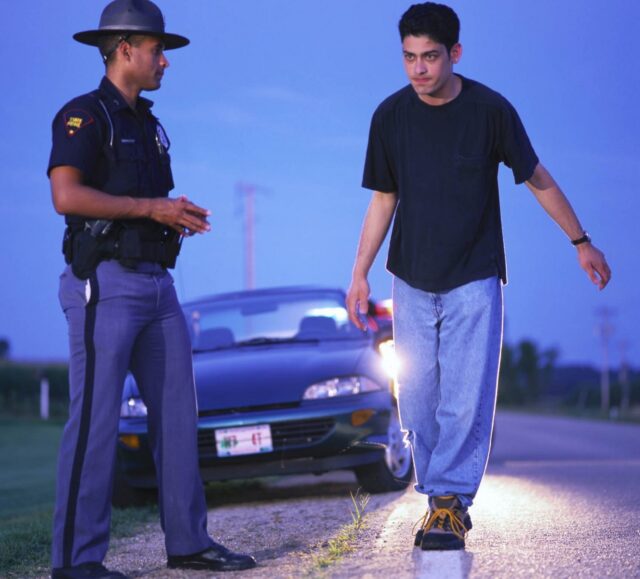
Driving under the influence is one of the major causes of vehicular and pedestrian accidents. In the United States, 29 people die daily in vehicle collisions that involve drunk drivers. Drinking impairs your ability to stay attentive and alert while driving, thereby making you a threat to the safety of everyone on the road. It puts your life at risk, including the lives of everyone around you, including your passengers, pedestrians, other drivers, and even those who are within the safety of their property.
Drinking slows down your reaction time, influences your concentration, clouds your judgment, impacts your vision, reduces your coordination, and obstructs your ability to make rational decisions. Drivers need to make quick decisions in several different situations, and drinking while driving can hinder that.
Physical effects
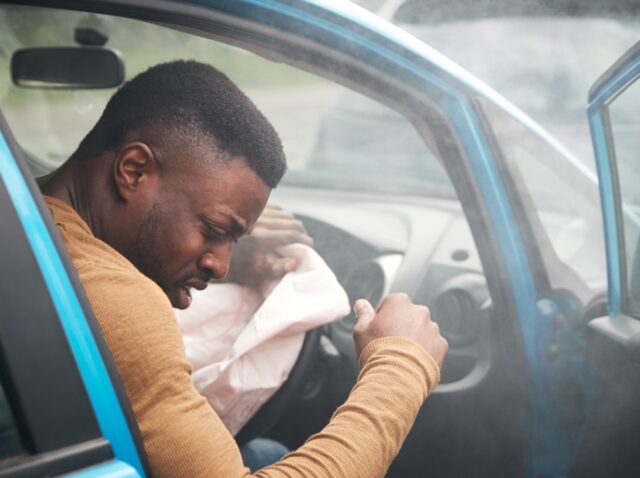
Depending on the severity of the collision, victims of car accidents can suffer from multiple severe injuries. Some are lucky enough to sustain minor bruises and even those who can get away unscathed. Unfortunately, most car crash victims suffer from traumatic brain injury, dislocated and lost limbs, fractures, cuts, burns, back and spinal injuries, neck strains, and permanent disability.
Death is also one of the leading results of drunk driving, which can significantly impact the lives of the victim’s family and the convicted driver. Some injuries will manifest only after the accident, so it is vital for car crash victims to get evaluated and treated immediately by a medical professional.
Emotional and mental effects

Driving under the influence can cause emotional and mental damage to yourself and everyone involved. In most cases, convicted drunk drivers will struggle with feelings of grief, depression, and anxiety. It is also perfectly natural for some of them to be consumed with immeasurable guilt, especially if the accident caused the death of another person. On the other hand, drunk driving accident survivors and their families will feel anger, especially if their loved ones were critically or fatally injured.
Survivors of drunk driving accidents or car accidents, in general, are also prone to suffer from post traumatic stress disorder (PTSD). PTSD is a mental health condition that could occur to people who experienced or witnessed a traumatic event. Victims who have PTSD tend to experience flashbacks of the accident and can be triggered simply by looking at images or watching videos of car collisions. Many of them will keep replaying the accident in their heads and develop the fear of getting back behind the wheel. If left untreated, there is a chance that they will give up driving altogether.
Financial burden

No matter what state you are in, a DUI offense can cause severe financial implications. The cost of getting convicted for DUI goes beyond the incident and can even cause you future financial problems. Aside from the immediate fines that you need to settle, you also have to deal with the rehabilitation and treatment costs, legal fees, and costly vehicle repairs. Your insurance rates will increase as insurance companies consider drunk drivers as high risks and some might even cancel your coverage.
According to the DriverDefenseTeam, if your drunk driving resulted in an accident or the death of another individual, you are responsible for paying for the financial liabilities caused by the accident. It is important that you seek the legal assistance of a reliable law firm to help you with your case.
Driving under the influence can bring about serious ramifications that can change your life forever. Driving itself is a risk, so as responsible individuals, we need to avoid any potential hazard that can compromise our safety and that of others.


